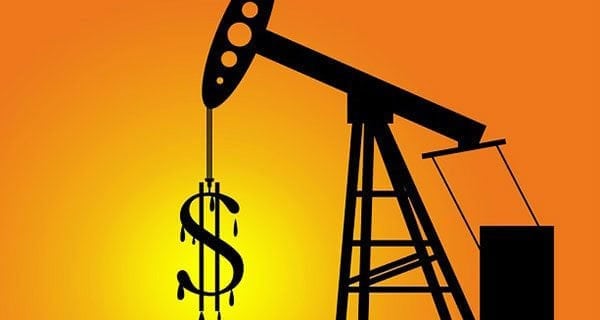 The effects of last fall’s oil price tumble will continue to impact the economy negatively in 2019, according to a new forecast released Friday by RBC Economic Research.
The effects of last fall’s oil price tumble will continue to impact the economy negatively in 2019, according to a new forecast released Friday by RBC Economic Research.
The Provincial Outlook predicts Alberta’s economy will stay in positive territory but with only a 0.6 per cent annual growth for this year which will be the lowest in Canada. However, the economy is forecast to rise by 2.4 per cent in 2020 which would be second only to British Columbia at 2.5 per cent.
“Last fall’s oil price tumble still reverberates across the Alberta economy. Not only is provincial oil production being scaled back, bruised confidence hampers business investment and consumer spending. The hit will leave a deeper mark than we previously anticipated. Economic conditions deteriorated markedly since the fall in Alberta,” said the RBC report.
“There have even been signs of contraction early this year as provincial government-mandated cuts in oil production took hold, cash-conscious energy producers sliced capital spending (active drilling rigs plummeted by 32 per cent), and the provincial housing market slumped. The souring of sentiment spread beyond the energy sector. Consumers have had little inclination to make trips to shopping malls, and even less to car dealerships (new motor vehicle sales fell nearly six per cent from a year ago in the first quarter).”
In 2018, Alberta’s economy grew for the second straight year at 2.1 per cent.
“Mandated oil production cuts are already easing. The Alberta government twice rolled back part of the initial 325,000 barrels per day reduction imposed on large producers of crude oil and bitumen by a total of 150,000 barrels per day. Oil prices received by Alberta producers have bounced back from last fall’s crisis levels, which has improved cash flows and the prospects for capital spending in the industry,” said the report.
“This likely was a factor in small business confidence soaring in April and May. Recent housing market statistics lead us to believe that the cyclical bottom has been reached in Calgary and Edmonton. This augurs well for home prices to stabilize, market confidence to be restored and housing construction to pick up later this year.”
RBC said it sees tentative signs that the labour market’s dry spell is ending.
“And the announcement in May of a cut in the corporate income tax rate from 12 per cent to eight per cent over four years by the new UCP government is poised to stoke business investment in the province. The first one-percentage point cut will take effect this July 1st and will be followed by an equal-sized reductions on January 1, 2020, 2021 and 2022,” said RBC.
“All considered, we believe that Alberta’s economy will be able to get past its rough start to 2019 and stay in the positive growth column this year. That said, we have revised down our projected growth rate from 1.3 per cent to 0.6 per cent on evidence that the turbulence since the fall left a deeper mark than we previously anticipated.”
The views, opinions and positions expressed by columnists and contributors are the author’s alone. They do not inherently or expressly reflect the views, opinions and/or positions of our publication.


